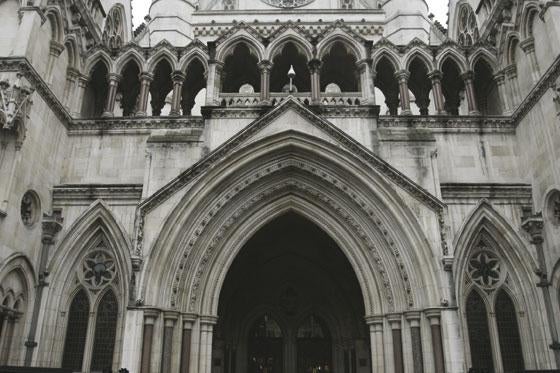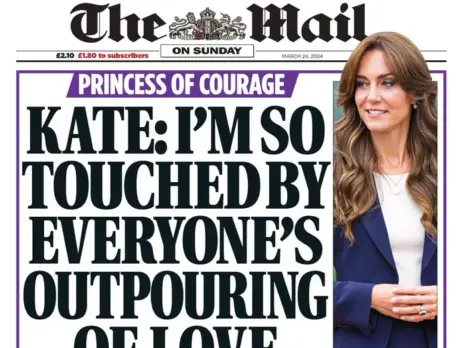
A High Court judge has ruled that the identity of a baby who died after being at the centre of family court litigation cannot be revealed in media reports.
Mr Justice Newton’s order also bars journalists from naming clinicians involved in treating the little boy – who was severely disabled and had been on a ventilator since he was 18 minutes old.
The boy died at the age of three-and-a-half months in July – a day after another judge had decided the life-support treatment could be stopped.
Bosses at Northampton General Hospital NHS Trust had asked Mr Justice Hayden to give doctors permission to stop providing life-support treatment to the little boy.
The baby’s parents had objected.
Mr Justice Hayden had ruled in favour of hospital bosses after analysing evidence at a hearing in the Family Division of the High Court in London in July.
The baby’s 22-year-old mother had wept as the judge announced his conclusion.
Mr Justice Hayden had said neither the baby – nor treating clinicians – could be identified while he was alive.
Trust bosses then asked Mr Justice Newton to extend the reporting restrictions order following the little boy’s death.
Mr Justice Newton has ruled the order barring the media from naming the boy and treating clinicians should stay in place for 12 months.
Mr Justice Newton’s order, made at a hearing in the Family Division of the High Court in London on August 19, was served on journalists in the last few days.
In April, another High Court judge had barred journalists from naming a woman who had died after being at the centre of similar litigation.
Mr Justice Charles made the ruling following a hearing in the Court of Protection – a specialist court where issues relating to adults who may not have the mental capacity to make decisions for themselves are analysed.
The 50-year-old woman had hit the headlines late in 2015 when she refused life-saving kidney treatment after saying she had lost her ”sparkle” and did not want to grow old.
Hospital bosses had asked another judge to decide whether she had the mental capacity to make the decision to refuse treatment.
Mr Justice MacDonald had concluded she did after analysing evidence at a separate Court of Protection hearing in London.
He ruled the woman’s identity should not be made public while she was alive – although he said the London-based King’s College Hospitals NHS Foundation Trust, which asked for the ruling, could be named.
Lawyers representing one of the woman’s daughters then said the woman should remain anonymous following her death – to protect relatives’ rights to private and family life.
A number of national newspapers argued such a move would be wrong and an unfair interference with freedom of expression.
Mr Justice Charles, the second most senior Court of Protection judge in England and Wales, had analysed legal argument about the issue of anonymity after death at a separate hearing.
Email pged@pressgazette.co.uk to point out mistakes, provide story tips or send in a letter for publication on our "Letters Page" blog






